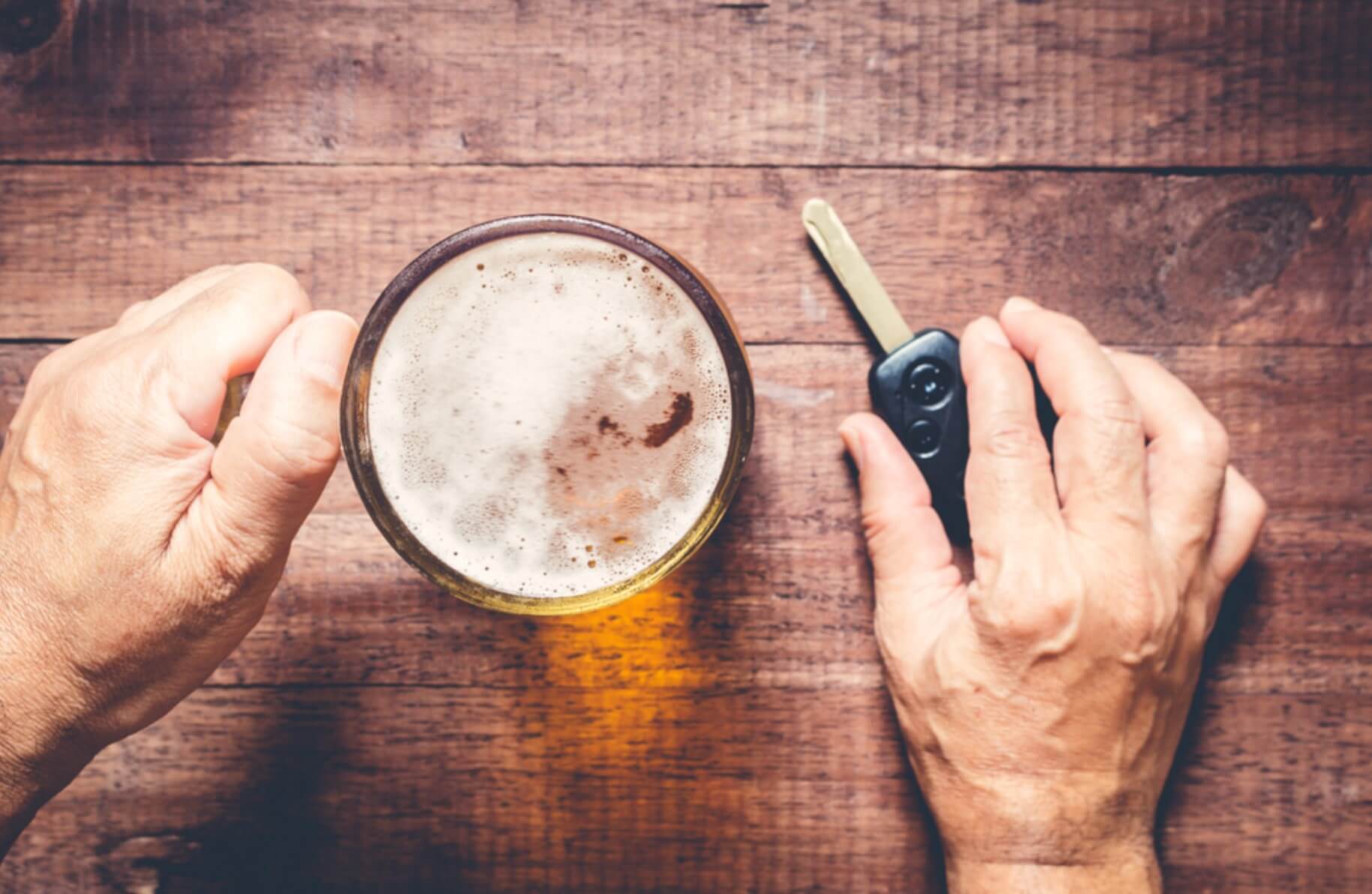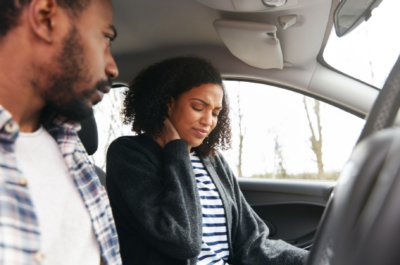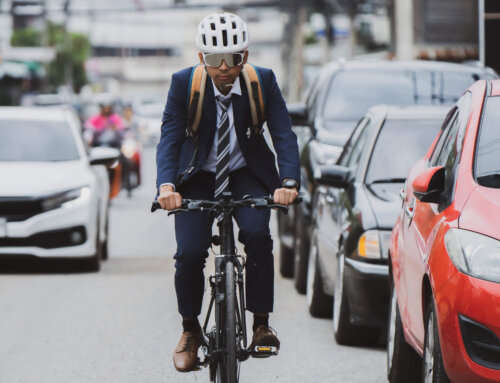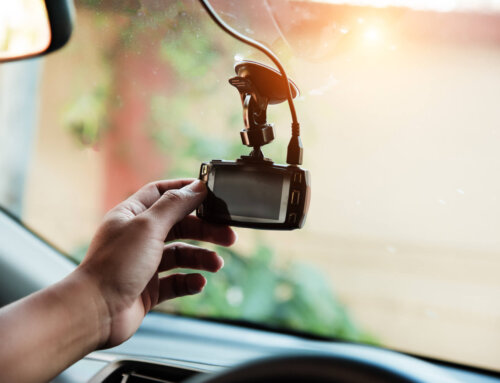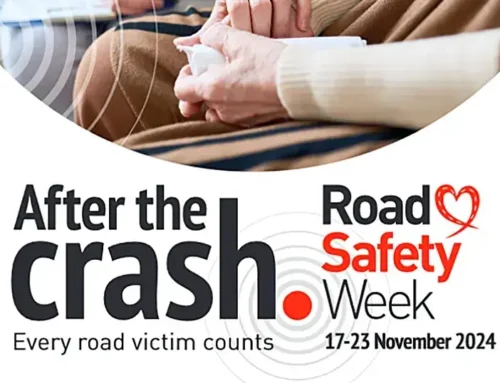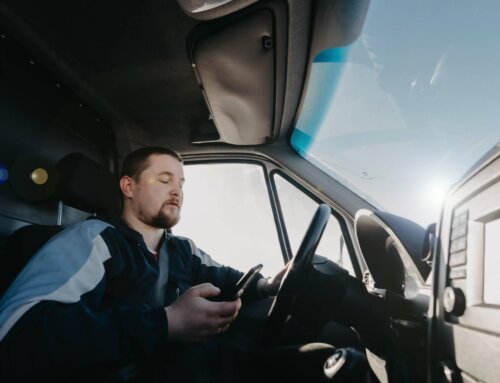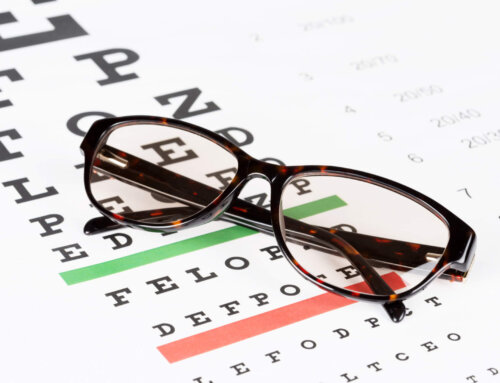This article was updated in December 2023.
Millions of pounds have been spent on Drink Drive campaigns for over fifty years. Despite this, some people still get into their cars and drive whilst under the influence of alcohol. The last figures released by the Department for Transport (DfT) suggest many more than just a few drivers are guilty of drunk driving.
In 2021, a total of 260 people died in road traffic accidents where at least one driver was under the influence of alcohol. It is estimated that 6,740 road users were killed or seriously injured in accidents involving at least one drunk driver.
In 2020 in Wales, 9% of all road traffic accident casualties resulted from collisions involving at least one drunk driver.
It’s easy to become apathetic about statistics, awful as they may be regarding the information they provide.
As personal injury solicitors, our minds become focused on the devastating effects of drink driving when we receive instructions to claim compensation for clients who have been injured in accidents where alcohol was a factor.
Occasionally, we receive instructions to act for families who have lost a loved in a fatal accident caused by the negligence of a drink driver.
Occasionally, an injured passenger from a car accident caused by a drunk driver seeks our guidance. They want to know if they can claim for a passenger injury if the driver of the car they were in was drunk (and caused the accident).
Can I make a personal injury claim against the drunk driver of the car in which I was a passenger?
The scenario is often this: friends go out for an evening. One person drives. They plan to park their car at the pub or club. Later, they will take a taxi or get a ride.
At the end of the evening, despite having drunk enough to exceed the alcohol limit, the car owner decides to drive home. The others get a lift from their friend. The car is involved in an accident and the drunk driver is at fault. One or more of the passengers suffers injury.
Can the injured passenger claim against the driver of the car they were travelling in when they knew the driver had drunk too much alcohol?
What if the passenger didn’t know the driver was drunk or likely to be over the limit?
Would the answer be different if the passenger was very drunk and had to be helped into the car by others?
The Court of Appeal considered these questions in the tragic case of Campbell v Advantage Insurance Company Ltd.
Facts of the Case
The facts of this case were that LC, the claimant in the case, went out for an evening with his friends, the driver DB and his brother AB. They spent until the early hours of the following day at a club.
LC got very drunk, and DB and AB took him out of the club and put him in the front seat of the car because he couldn’t stand up on his own. According to AB, LC went to sleep or passed out before they closed the passenger door.
DB and AB went back to the club and drank more. Later, AB and DB went back to the car.
AB sat in the back of the car. DB tried to start the engine but could not. AB decided to return to the club to try and see if he could get some jump leads. By the time he returned DB and LC, the car had gone. AB decided to get a taxi.
The accident’s circumstances are that the car driven by DB, with LC in it as a passenger, crossed over onto the wrong side of the road and collided with an oncoming lorry.
The driver, DB, was killed in the accident. Passenger LC suffered catastrophic brain damage caused by his head colliding with the back of the driver’s seat (which meant that at some point whilst AB had gone back to the club to try and get jump leads, LC had moved from the front passenger seat into the back seats of the car).
A claim for personal injury compensation was brought against the late DB by the father of LC (as LC’s brain damage was so severe that he could no longer manage his affairs). DBs Motor Insurance Company admitted liability for the accident. However, they argued that the amount of compensation LC would receive should be reduced because:
- LC was not wearing a seatbelt at the time of the accident
- He allowed himself to be driven by DB even though DB had been drinking heavily the previous evening and into the early hours of the next day.
At the first hearing of the case, the court found that although it believed LC was not wearing a seatbelt when the accident happened, in this case, it would have made no difference if he had been wearing one. The expert accident reconstruction evidence suggested the nature of the collision was such that LC, the claimant, would have still suffered catastrophic injuries in any event.
Nevertheless, the court decided that LC should have realised his friend DB had drunk too much alcohol (and smoked too much cannabis) to drive the car safely. Accordingly, the judge reduced LC’s damages (compensation) by 20% for contributory negligence.
The Appeal
LC’s lawyers appealed the decision on the grounds that LC was so drunk that he could not have known whether DB had drunk so much that he was unfit to drive. As an alternative ground for appeal, they also argued that any reduction of damages should be less than 20% in any event.
The appeal was dismissed. The judges on appeal decided that:
- The original trial judge was entitled to find that LC had the mental capacity to decide whether or not DB was unfit to drive. LC must have woken up (or been woken up by DB) to change his seat in the car from the front to the back seat. LC’s actions were to be judged by the standards of a ‘reasonable, prudent and competent adult’.
- In other words a reasonable, prudent and competent adult in LCs shoes, would have realised during the short period when he moved from front seat to back, that DB was unfit to drive because he had drunk too much.
- The judge applied the ‘reasonable, prudent and competent person’ test appropriately.
- He was also entitled to assess contributory negligence at 20%.
Conclusion
- Irrespective of whether a passenger is drunk or not, the driver who causes an accident will almost always carry the greatest share of responsibility for causing the accident.
- If an injured passenger decides to make a personal injury claim against the driver of the vehicle they were travelling in, they may find their compensation reduced for contributory negligence if they got into the car knowing or suspecting the driver was likely to be drunk.
- According to the Campbell case, the standard for assessing whether the driver was fit to drive is that of a reasonable, prudent and competent adult.’ In other words, a claimant cannot expect to avoid a finding of contributory negligence by saying they were too drunk to assess whether the driver was over the legal alcohol limit.
- The passenger is not under a duty to ask the driver how much they have had to drink to form an assessment as to whether the driver’s alcohol consumption exceeds the legal limit.
- As a general rule, contributory negligence for getting into a car with a drunk driver (who then causes an accident in which the passenger was injured) will be 20%.
- A passenger who fails to wear a seatbelt in the same circumstances can expect their passenger compensation claim to be reduced by 25% if the court decides that by wearing a seatbelt the passenger would have prevented all their injuries. The reduction will be 15% if the court decides the injuries would have been lessened in severity had the passenger worn a seat belt. There was no reduction for the failure by LC’s passenger to wear a seatbelt in the Campbell case. The injuries he sustained were of the utmost severity, and the wearing of a seatbelt would not have lessened or prevented them.
- Although solicitors for the claimant appealed the original court decision to the Court of Appeal, the judges on appeal upheld the judge’s decision in the first case.
Passenger accident claims and drink drivers
It will be apparent from reading this article that the law applying to passenger compensation claims where both driver and passenger have been drinking is not straightforward.
However, passengers who suffer injuries in these circumstances should not be put off from claiming against the driver. The driver will almost always carry the more significant share of responsibility for the accident.
By taking legal advice from a specialist road traffic accident solicitor, you will be able to discuss whether your claim may be affected by a reduction in compensation for contributory negligence based on the circumstances of the accident.
At Mooneerams, we are specialist personal injury solicitors. We have extensive experience in handling passenger accident claims on behalf of clients from all over the country. We handle most personal injury claims using No Win No Fee agreements. Call us at 029 2199 1927 or contact us online by filling out the form on this page.

